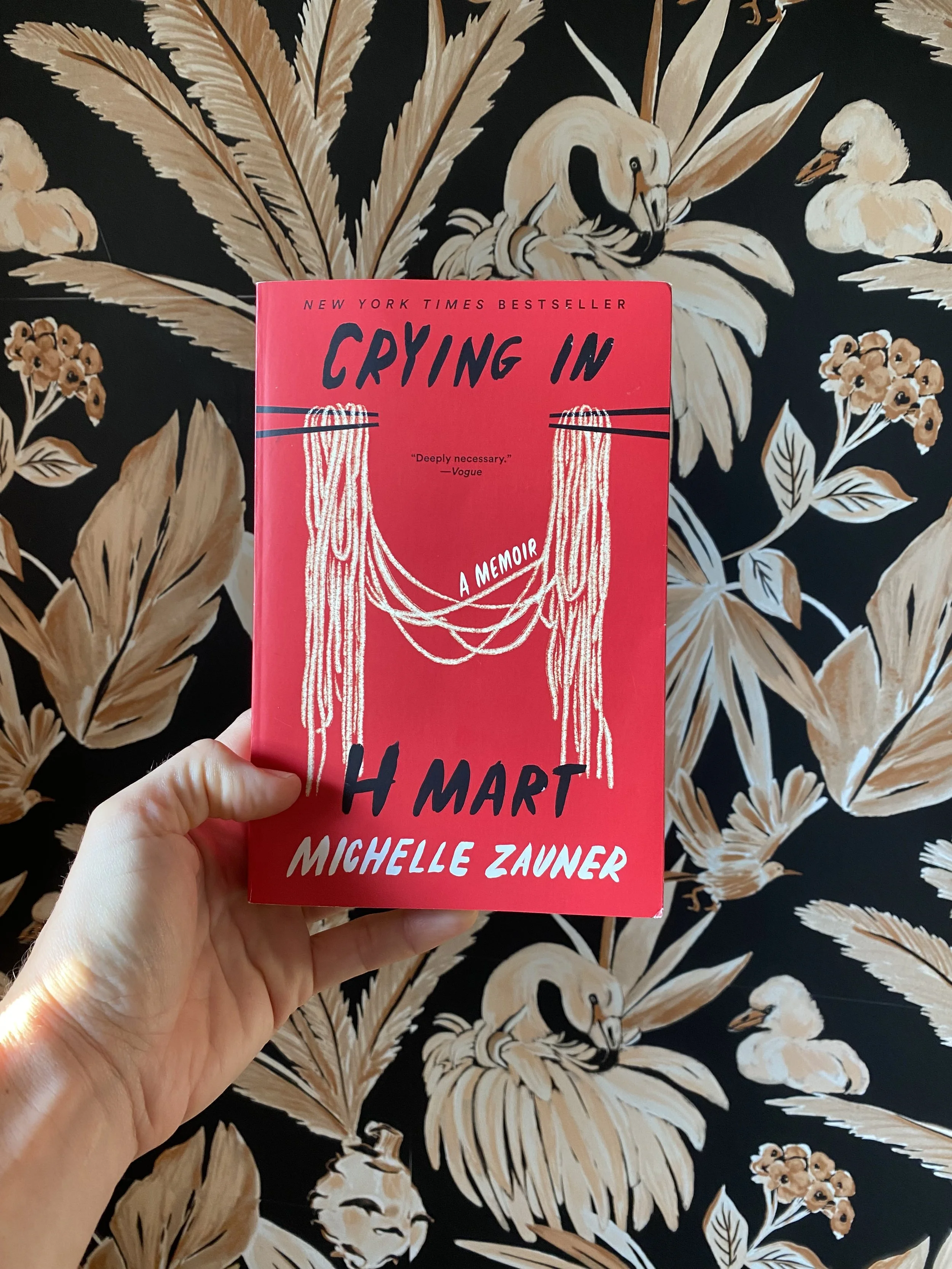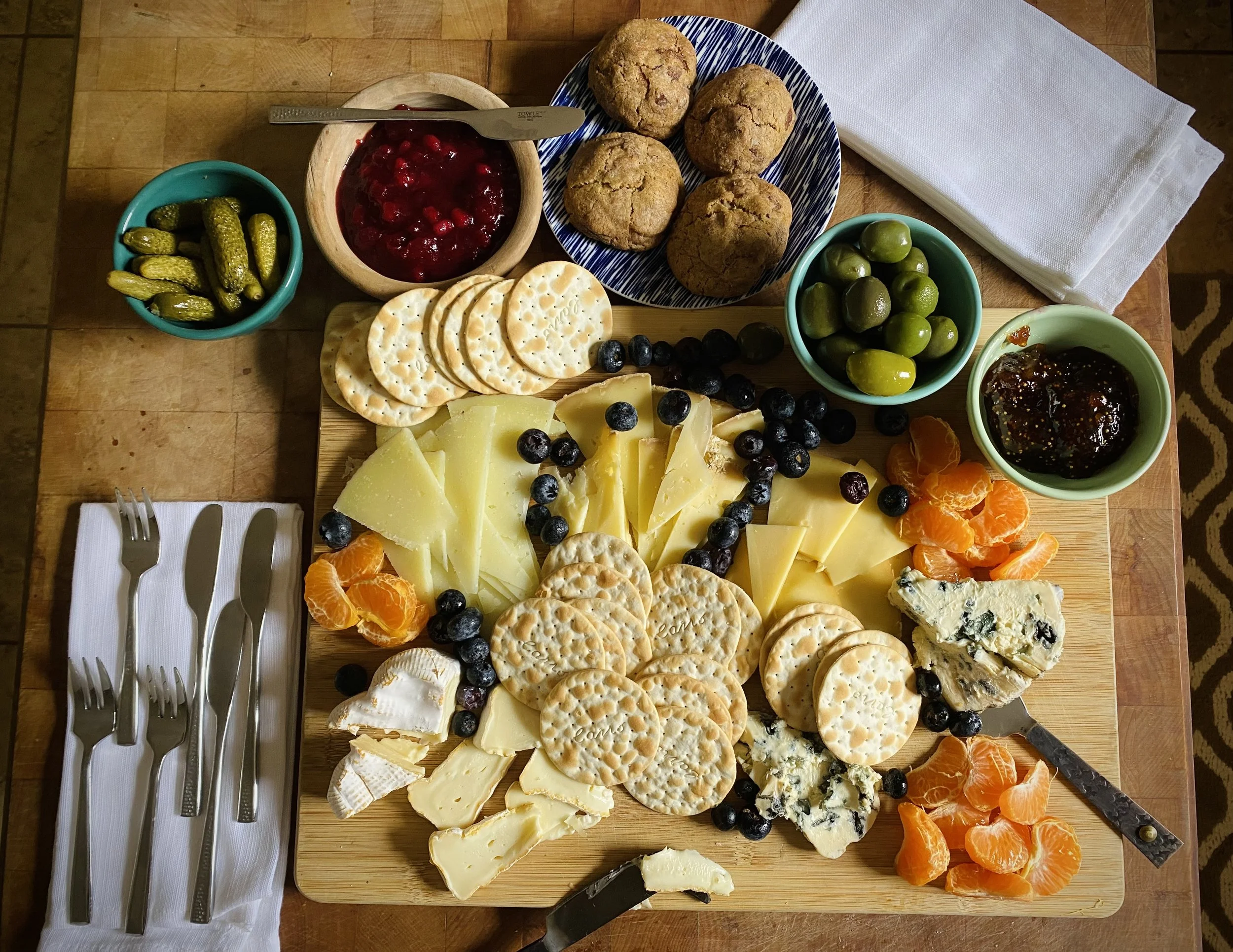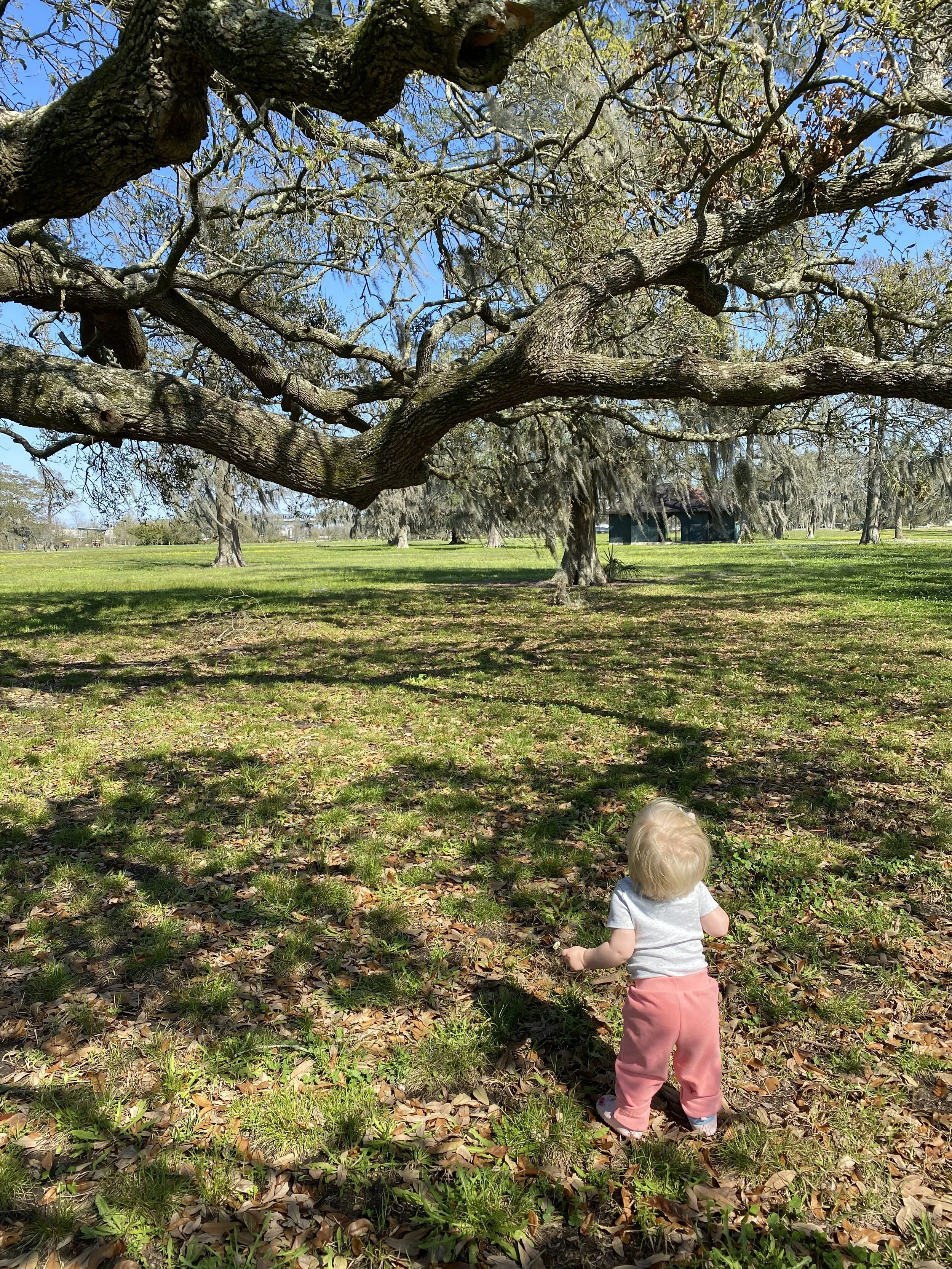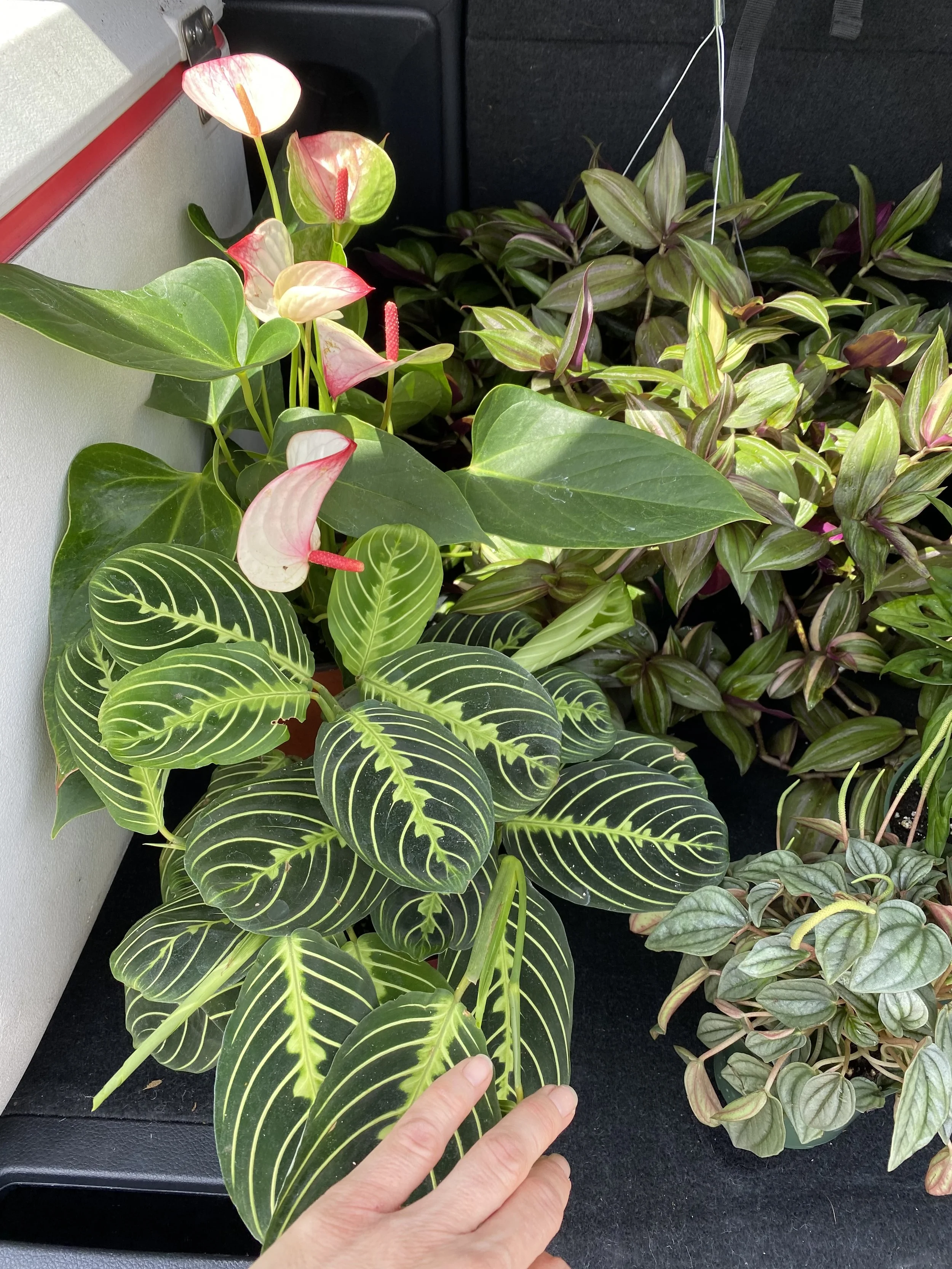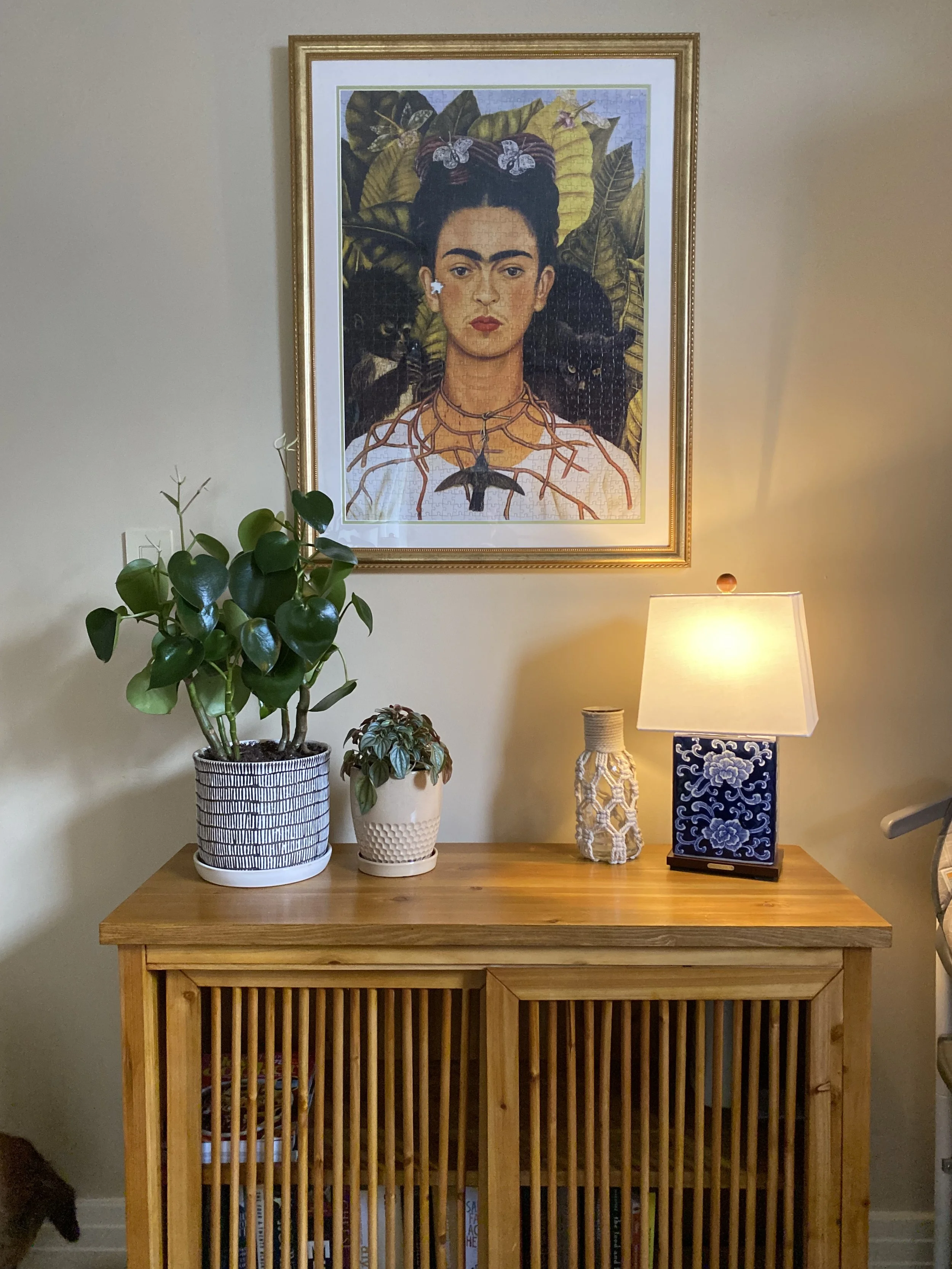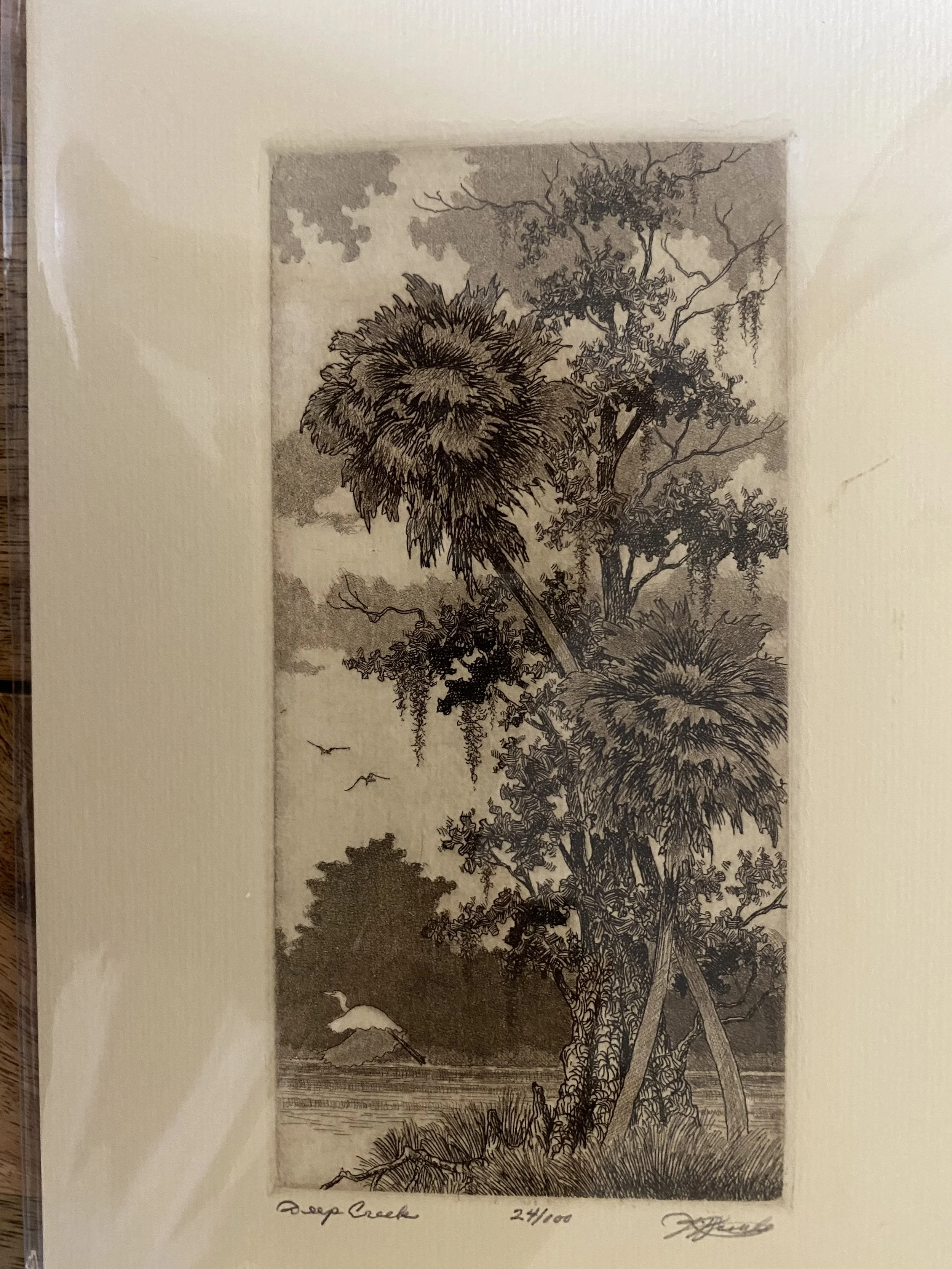Perhaps we shouldn't be so forthcoming with all of the info we’re about to share about where we’ve been and what happened to us since 2017, but we also can’t turn down the opportunity to share a good story—especially one that was, is, and is still being quite lived in.
For starters, we're no longer a forager for a James Beard Award–winning restaurant group. We left in the heart of the pandemic in 2020. The irony was, it was almost ten years to the day when we had put in our notice, and since then we've made a few wrong turns down the old career path. I blame the initial decision on timing, as it was made during a pregnant and postpartum haze. Fast-forwarding to now, none of the wrong turns weren’t without lessons; all experiences were valuable—in hindsight.
Sometime between 2017 and 2019, it became my sole mission to have a kid, and never in my life did I think I would say those words, let alone type them, but the biological clock was—and is—the real deal. The child arrived just about two months before COVID shutdowns, and then I almost died—twice—from both preeclampsia and then eclampsia. Truth be told, I would probably be dead if it were not for a second round of medical intervention.
About one year after the birth of my child, I also lost and buried a parent. What came after that loss was nothing short of unbelievable—the complete unraveling of an entire family, its history, and eventually their surviving partner: my father. Details of said unraveling I will not get into here, other than to say that when people state that they “want to go” in their sleep or doing whatever it is that they love best, what they are really saying is they want to die with dignity and grace—because for the majority of people, this simply will not be the case. Death, like birth, is a process. One that is both natural and primal and, depending on your tolerance, definition, or belief system, also includes some level of violence. Not in the gruesome or grotesque kind of way (although that exists too), but the violence can start in the unraveling—the conscious closing of one’s life, the tying up of loose ends, the finishing and closing of its many chapters for the grand finale. Or, to state it more plainly, everything comes out in the wash.
Over the past several years, I have had numerous close friends ask me if I was writing all of this down because the truth is stranger than fiction.
After my mother died, I sold the one thing that I had planned and pined for over so many years. While it was not an Airstream, it was still the physical embodiment of my dream: I sold the 1968 Avion she left me. For me, Airstreams, traveling, and living life on the road like Steinbeck’s Travels with Charley was—and still is—the goal.
What did I do with the said monies? I made the worst decision of my life: I bought a house.
No one tells you—much like when you’re pregnant—what the experience will actually be like. Or if there are a few who try, you’re not listening anyway because your mind is already set. Generally, you’ll hear phrases after such as, “Oh, well. I didn’t want to tell you that, dear. I can’t say what may or may not happen…”
So I call bullshit. If it walks, talks, sounds, and certainly if it smells like bullshit, it’s bullshit.
Owning a home is similar to a bad relationship or marriage. You’re bound to it legally and financially and for a long period of time. Like most relationships, it starts off well—or at least as well as can be expected at the time—and you have no idea that everything is about to get worse. And worse it does get. Much, much worse.
We’re still dealing with the house but in a different way, and that’s another story entirely.
While all of these problems were running at the same time—parallel events, if you will—imagine that you have a father who struggles not solely due to age and its many complications, but rather because he was trained to be who he is today. What do I mean by this?
My mother, God rest her soul, was from the era where a woman’s value was directly attached to—and defined by—their efficiency in running and managing all aspects of the home, the family, child-rearing, and its corresponding finances.
The result?
An 80+ year-old man who struggles with decision-making, organization, and financial planning.
So when I read Crying in H Mart by Michelle Zauner a year and a half ago, it split us wide open. It identified the names for the feelings—the resentment—felt by nearly everyone involved in the process of managing someone else’s death. Reading that book, which I had actively avoided for months, ultimately reframed and rebuilt the storyline in a way that allowed me to understand and then lean more toward acceptance rather than healing. It felt like I was finishing my chapter in the story—making peace with what was—simply because it could not be changed.
It is so simple, and unless you’re ready to hear it, read it, see it, or listen to it, the weight of the anger, sadness, shame—insert whatever terrible emotion here—will infiltrate you and your life in all of the ways. Do not misunderstand: you’ll never truly heal from losing someone, especially a parent, but for now the chapter is far from finished. The clarity about the next steps, however, is a little sharper—defined.
So friends, those are the highlights. Or lowlights, rather.
We have not been cooking elaborate recipes or styling perfect plates—we’ve been standing here, witnessing a life on fire, watching the slow collapse of everything we had built and thought we knew, from the inside out.
Writing felt impossible—for years.
So this, Southern Larder, will not look or feel the same. It might not be recipes for a while. It might just be life—the rebuilding, the figuring-it-out part. We have some ideas—okay, a lot of ideas. Direction-wise, it might be a bit unpolished, disjointed, and unfinished, but it will most certainly always be earnest, honest, and dry to the fucking bone.
